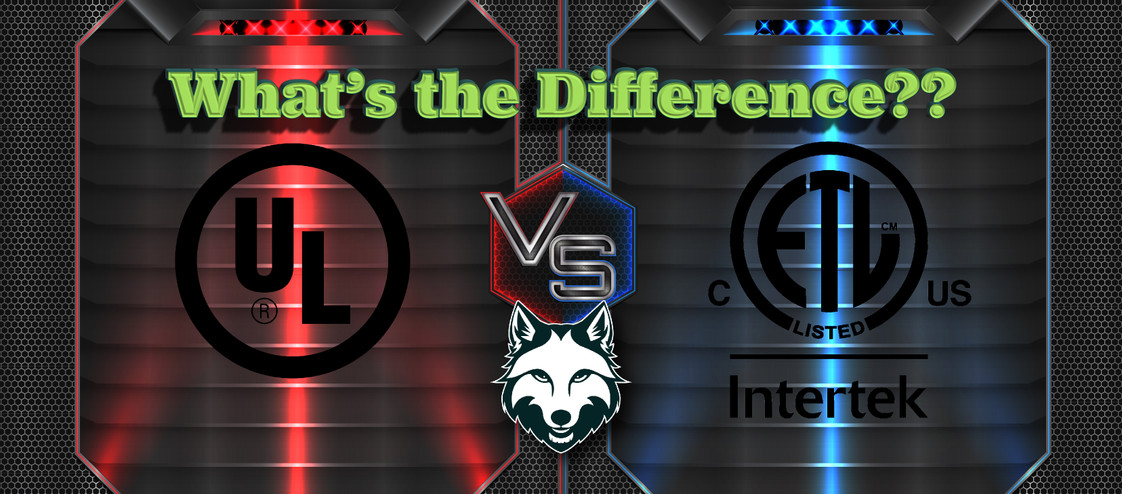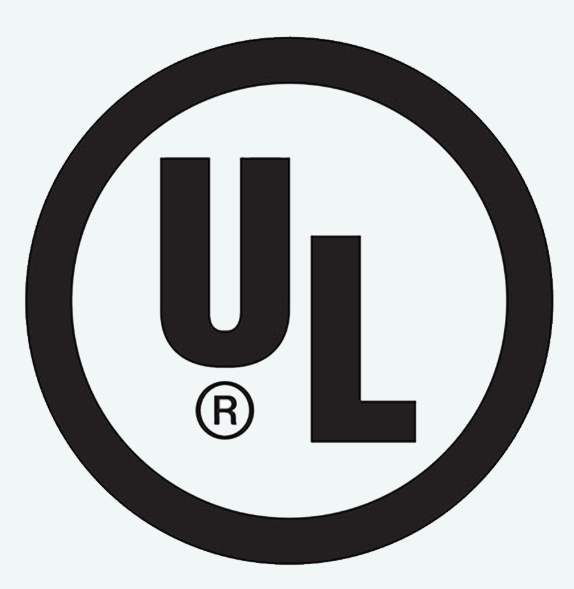
UL vs ETL - What's The Difference?
Posted by Theresa Hoffman on May 22nd 2024
Staying informed about our vendors is a priority for us. Whether it's a new product launch, company update, or even personal news, we find a lot of value in their visits.
Recently, one of our vendors mentioned a switch from UL certification to ETL certification. This piqued our curiosity, so we decided to delve deeper and learn more about what this means.
What is UL?
UL (Underwriters Laboratories) is a global leader in safety science. They develop safety standards and rigorous testing procedures to ensure a wide range of products meet those standards.
UL's expertise extends beyond traditional electrical safety; they also create standards for recycling systems, renewable energies, sustainable products, and even food and water safety.
While UL may conduct some of their own product testing, their primary function is to establish the standards and certify products that meet them. The UL logo on a product means that it's been evaluated and certified to meet the relevant safety standards.

Video Credit: Intertek
What is ETL?
ETL is a global organization that offers a variety of testing and certification services, including ETL certification.
Based out of various locations worldwide, Intertek (formerly Electrical Testing Laboratories), primarily uses existing standards established by recognized bodies (like UL) during their testing procedures.
This allows manufacturers to show that their products comply with safety requirements for a wide range of markets.
It's important to remember that UL and ETL certifications are very similar. They both rely on established safety standards to ensure products meet safety requirements.
The key difference are how the standards are developed:
- UL: Develops its own safety standards and performs or oversees product testing against those standards.
- ETL: Primarily uses existing safety standards established by recognized bodies (like UL) during their testing procedures.
This difference in approach can affect the certification process. UL certification might involve a more rigorous evaluation, and potentially longer lead times. ETL certification, by using established standards, might be a faster and more streamlined process.
The ultimate goal – ensuring product safety – remains the same with both UL and ETL certifications.
